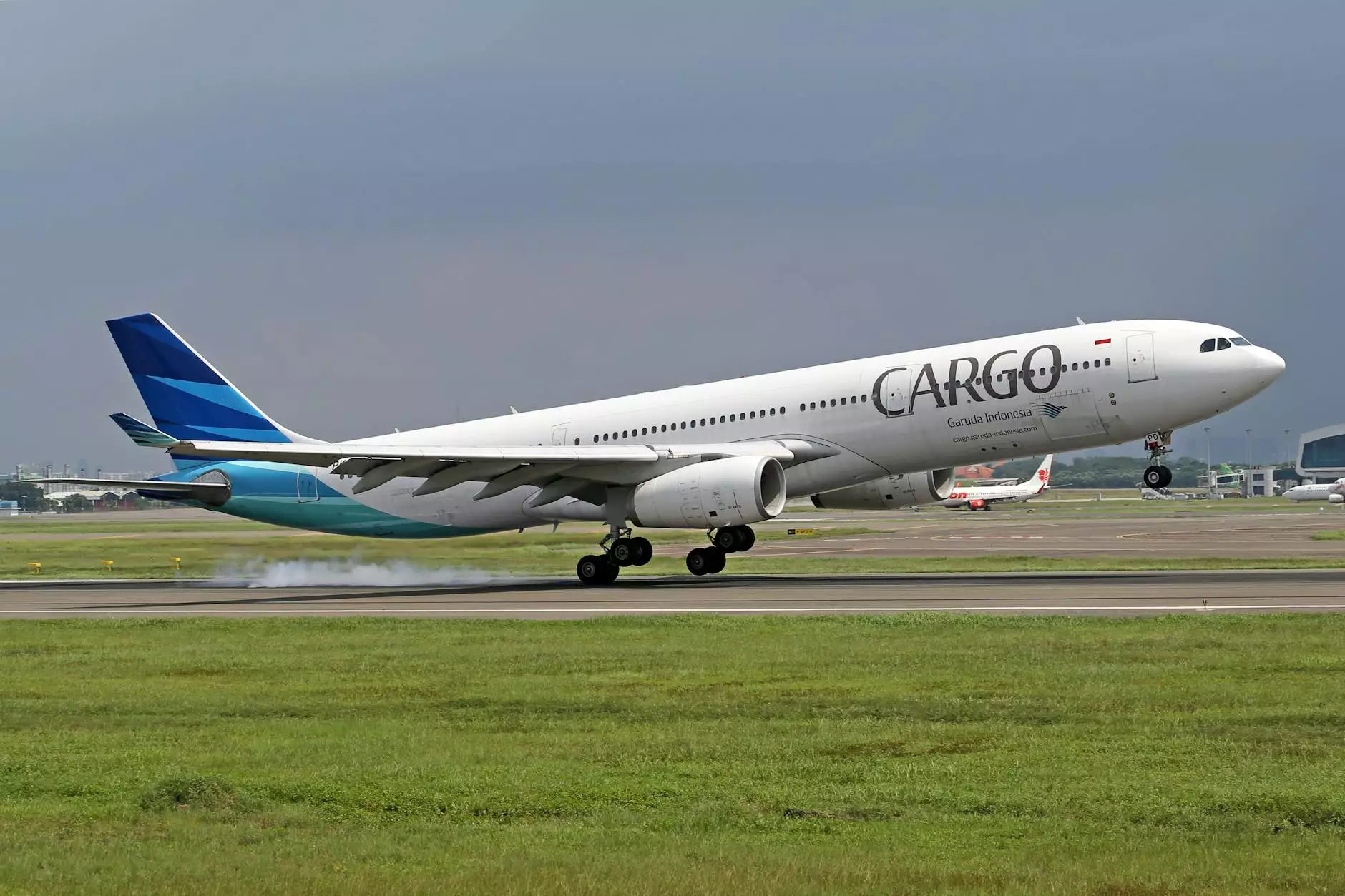Understanding Air Freight Prices: A Comprehensive Guide

Air freight prices have become a crucial factor in the logistics and transportation industries, particularly in a rapidly globalizing economy. Businesses that rely on shipping goods internationally need to understand the various components that contribute to these costs to make informed decisions.
What are Air Freight Prices?
Simply put, air freight prices refer to the costs associated with transporting goods via air. These can vary significantly based on a myriad of factors, making it essential for businesses to conduct thorough research. Understanding these prices can help businesses budget more effectively and optimize their supply chain management.
Factors Influencing Air Freight Prices
Several key factors play a role in determining the cost of air freight:
- Weight and Volume: The weight and dimensions of your shipment significantly influence air freight prices. Carriers often use a formula that factors in both weight and volume to determine the chargeable weight.
- Distance: The distance between the origin and destination affects cost. Longer distances typically result in higher prices.
- Type of Goods: The nature of the goods being shipped—whether perishable, hazardous, or fragile—can impact the pricing, as these items often require special handling.
- Shipping Speed: Urgent shipments that require a quicker delivery will come at a premium price compared to standard freight options.
- Carrier Rates: Different airlines and freight carriers have varying rates, influenced by their operational costs, routes, and demand.
- Fuel Costs: Fluctuations in fuel prices can directly impact air freight prices, as these costs are often passed down to customers.
- Seasonal Demand: Demand for air freight services can vary by season. Peak times (e.g., holiday seasons) may result in higher rates due to increased shipping volume.
How Air Freight Pricing Works
The structure of air freight pricing can often seem complex. Here’s a simplified breakdown:
Basic Pricing Structures
Air cargo rates usually fall under two pricing structures:
- Chargeable Weight: This is a method of calculating freight charges based on the weight and volume of the shipment. The higher of either the actual weight or the volumetric weight is considered.
- Freight Classification: Different types of goods fall into specific classifications that influence their shipping rates. Understanding freight classification can help businesses plan their logistics more efficiently.
Tips for Reducing Air Freight Prices
While air freight is generally more expensive than other forms of transportation, especially sea freight, there are several strategies businesses can adopt to minimize costs:
1. Optimize Packaging
Efficient packaging that reduces the overall volume without compromising safety can significantly lower weight calculations, which affects air freight prices.
2. Consolidate Shipments
Combining multiple smaller shipments into one larger shipment can help leverage economies of scale and reduce overall shipping costs.
3. Negotiate with Carriers
Establishing strong relationships with air freight carriers can lead to better rates, especially for businesses with frequent shipping needs.
4. Leverage Technology
Using logistics software to compare carrier rates and find the best options according to your need can optimize the shipping process.
5. Plan Ahead
Booking shipments in advance can sometimes yield lower rates, especially during peak seasons, thereby helping to avoid last-minute price surges.
Understanding Additional Fees
Aside from base air freight prices, businesses should also be aware of additional fees that may apply:
- Fuel Surcharges: These are extra costs added to cover fluctuations in fuel prices.
- Terminal Handling Charges: These fees cover the processing of shipments at airports, including loading and unloading costs.
- Security Fees: Especially relevant post-9/11, these are necessary to comply with regulations related to air cargo security.
- Insurance: While optional, insuring valuable shipments can save a business from losses due to unforeseen circumstances.
The Role of Air Freight Forwarders
Air freight forwarders are intermediaries that can play a vital role in managing logistics and navigating the complexities of shipping. Here’s how they can help:
- Expertise: They possess specialized knowledge of regulations and requirements for air freight, which can save time and money.
- Rate Negotiation: Forwarders often have established relationships with multiple carriers, allowing them to negotiate better rates for their customers.
- Comprehensive Services: Many offer end-to-end solutions, from customs clearance to door-to-door delivery, simplifying the shipping process for businesses.
Choosing the Right Air Freight Partner
Selecting the right air freight partner is vital for effective shipping. Consider these criteria:
- Reliability: Look for carriers or forwarders with strong reputations for on-time delivery.
- Coverage: Ensure they can service the routes you require.
- Customer Service: Quality support can help resolve issues quickly and efficiently.
- Technology: A good logistics partner will use technology to provide real-time tracking and updates.
Case Study: Cost Comparison of Air Freight vs. Other Methods
To illustrate the impact of air freight prices compared to other shipping methods, let’s look at a hypothetical scenario:
A company needs to ship 500 kg of electronics from New York to London:
- Air Freight: Estimated cost at $5,000 with a transit time of 2 days.
- Sea Freight: Estimated cost at $1,500 with a transit time of 30 days.
As seen, while air freight incurs higher costs, the speed it offers may justify the price depending on urgency and customer requirements.
Final Thoughts on Air Freight Prices
Understanding and navigating air freight prices is paramount for businesses aiming to ensure efficient and cost-effective shipping solutions. As global trade continues to escalate, mastering these intricacies will result in a competitive edge.
For further assistance with your air freight needs, consider reaching out to Cargobooking.aero. They offer comprehensive freight solutions tailored to your business requirements, ensuring you leverage the best rates and services available.



